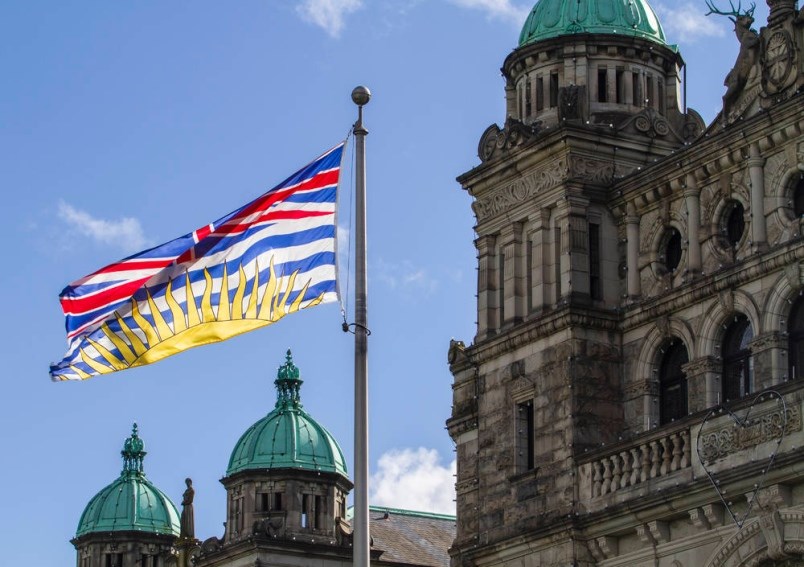With the official outcome of the provincial election not expected to be known for at least a few weeks, the work of the government will continue in “caretaker” mode.
Deputy Premier and Finance Minister Carole James, who chose not to run for re-election because of a diagnosis of Parkinson’s disease this year, will ensure routine operations of government continue until the outcome of the election is determined and a new cabinet is formed.
“If we add the election, the two weeks to count the mail-in ballots, and then four weeks to decide on a cabinet and actually ‘form’ the government, that’s 10 weeks in caretaker mode. That’s a long time, but manageable,” said political communications expert David Black of Royal Roads University.
The government has been in caretaker mode — where government cedes power, in effect, to the public service to carry on the business of government — since the election was called on Sept. 21. Final results are expected by Nov. 16.
In caretaker mode, government activity in policy, expenditure and appointments is restricted to matters that are “routine, non-controversial or urgent, and in the public interest.”
The federal guidelines do not mean that government is frozen, however, said Black. In the event of emergencies, such as natural disasters, the government can take appropriate action to ensure public safety and security.
“So it’s not that they can’t continue to mobilize to fight COVID,” said Black. “It’s just that it has to be, as it should be, explicitly business-related non-partisan. There can’t be any big spending announcements.”
B.C. remains under a state of emergency that began March 18 and was last extended to Oct. 27 to support pandemic response.
The state of emergency allows staff to continue to take necessary actions to keep British Columbians safe and manage immediate concerns and COVID-19 outbreaks. The province can implement emergency measures and has access to assets that may be necessary to prevent, respond to or alleviate the effects of an emergency.
Caretaker mode is easier to understand in normal times, “but these are not normal times,” said Hamish Telford, political scientist at the University of Fraser Valley, citing the flow of dollars under approved economic funding programs.
“I think we’ll are going to be in a continued holding pattern for another three weeks or so, unless something very drastic happens that requires immediate attention,” said Telford.
Premier John Horgan, prior to calling the snap election, suggested the entire $1.5-billion economic recovery program money was approved and in the hands of the public service, ready to go to officials and businesses that make applications.
The public service continues to communicate the availability of the program “in the lowest-profile way consistent with getting the information to the parties that will be eligible for any particular stream,” Don Wright, head of the civil service, said in a statement on Oct. 5.
The economic recovery plan includes 55 streams or programs to be allocated or spent in the fiscal year ending March, 31, 2021. In addition, $660 million in tax measures have already gone into effect.
“For some streams, this is relatively simple to meet these requirements and money has already begun to flow,” said Wright.
“For other streams, program design may take longer. The timing of this is not affected by the current election.”
In caretaker mode, ministers are required to defer such matters as appointments, policy decisions, new spending or other initiatives, announcements, negotiations or consultations, non-routine contracts and grants and contributions, according to the federal caretaker convention.
“They must work with deputy ministers to ensure that routine departmental activities are carried out in a low-profile manner,” the convention says.
Ministers or senior public servants must be “especially vigilant” with respect to the distinction between official government business and partisan political activities.
“There should be heightened vigilance to ensure that contracts and grants and contributions are not used for partisan purposes,” it says.
The caretaker convention might seem merely bureaucratic, but transfers of power can be a difficult, said Black. “It really is a sacred aspect of the Westminster system.”
Typically, the outcome of an election in B.C. is evident shortly after polls close. Only close ridings might take an additional 16 days for screening and counting of absentee ballots, including mail-in ballots.
Where a judicial recount is requested, it may take another six days.
The high volume of mail-in ballots received amid the pandemic is expected to delay the outcome for several weeks.




